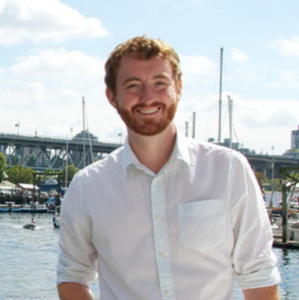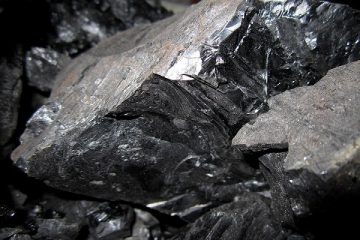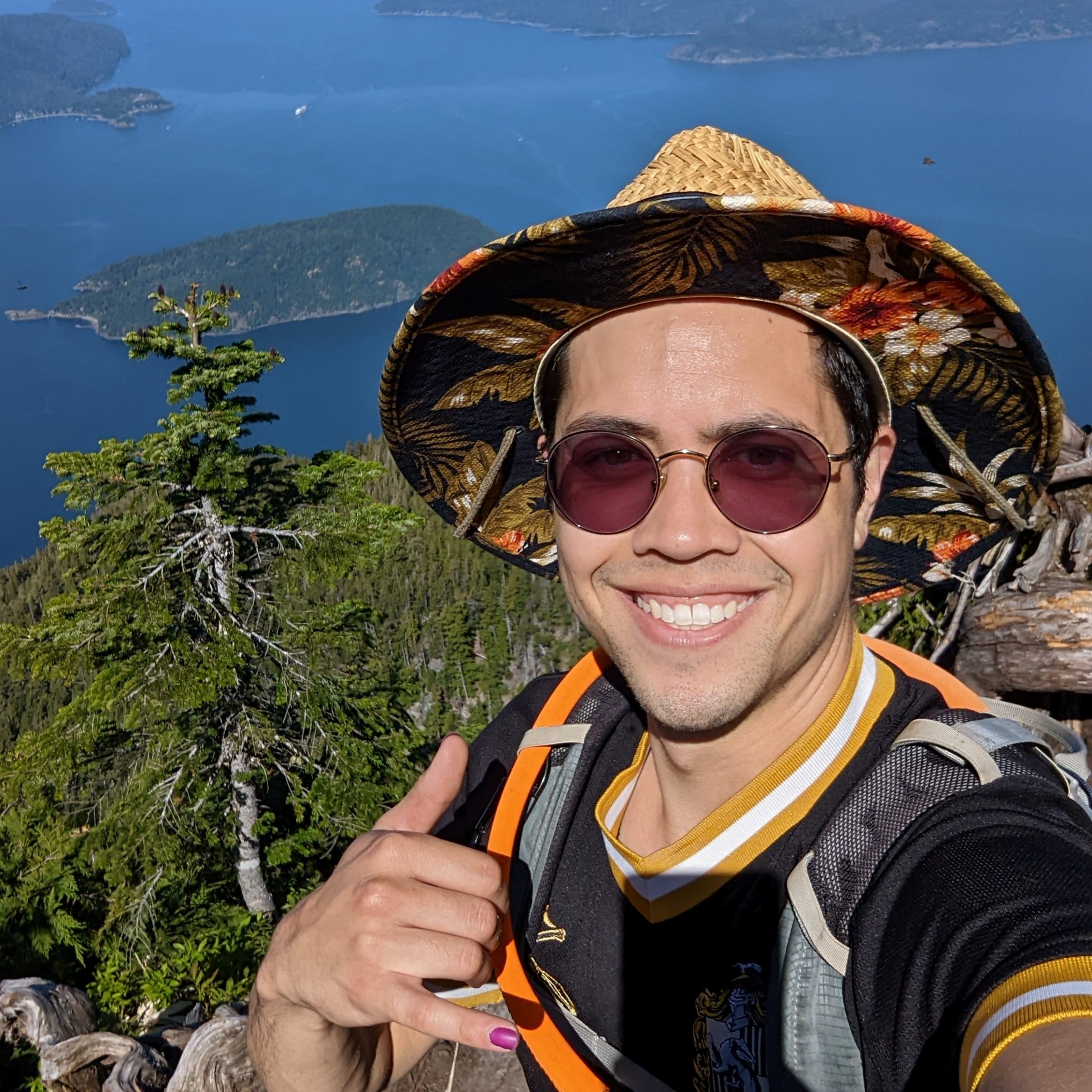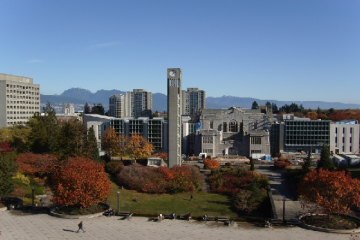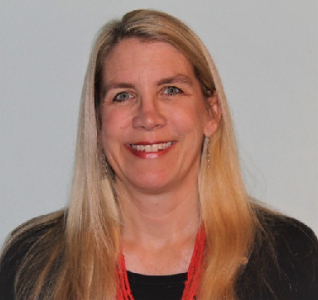IRES Seminar Series
Time: 12:30pm to 1:30pm (every Thursday)
Location: AERL Theatre (room 120), 2202 Main Mall
***************************************************************************
It’s time to get dirty: Managing agricultural soils for multiple ecosystem services
ABSTRACT: Healthy agricultural soil is a critical component for ensuring the availability of a wide range of ecosystem services. Agriculture dominates roughly 40% of the terrestrial ice-free surface of our planet making farmers one of the primary stewards of soil. Despite ample evidence that soil mismanagement has been clearly linked to the decline of previous civilizations, our society largely neglects soils and degradation continues unabated in many parts of the world. In this presentation, I will discuss the relationship between soil management and multiple ecosystem services. I will share results from some of the recent studies I have been involved in to better understand how farmers are or could be managing their soil for these services, in both temperate and tropical regions, from the field to the landscape scale.
This seminar will not be filmed.
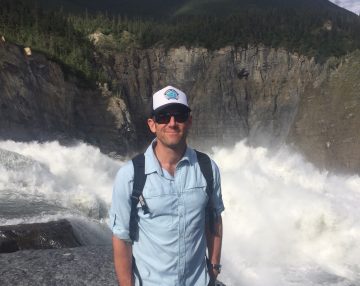
BIO: Sean Smukler is an Assistant Professor in Applied Biology and Soil Science and the Junior Chair, Agriculture and the Environment, for the Faculty of Land and Food Systems at the University of British Columbia. His research currently focuses on evaluating farming practices that can enhance ecological functions to reduce the environmental impact of agriculture while at the same time improve farm climate change adaptation capacity. Sean received a PhD in Ecology from the University of California, Davis where he also did his undergraduate studies. He holds a MSc in Forest Soils from the University of Washington, Seattle. Sean is also an IRES Faculty Associate.
To read more about Sean visit: https://ires.ubc.ca/person/sean-smukler/

